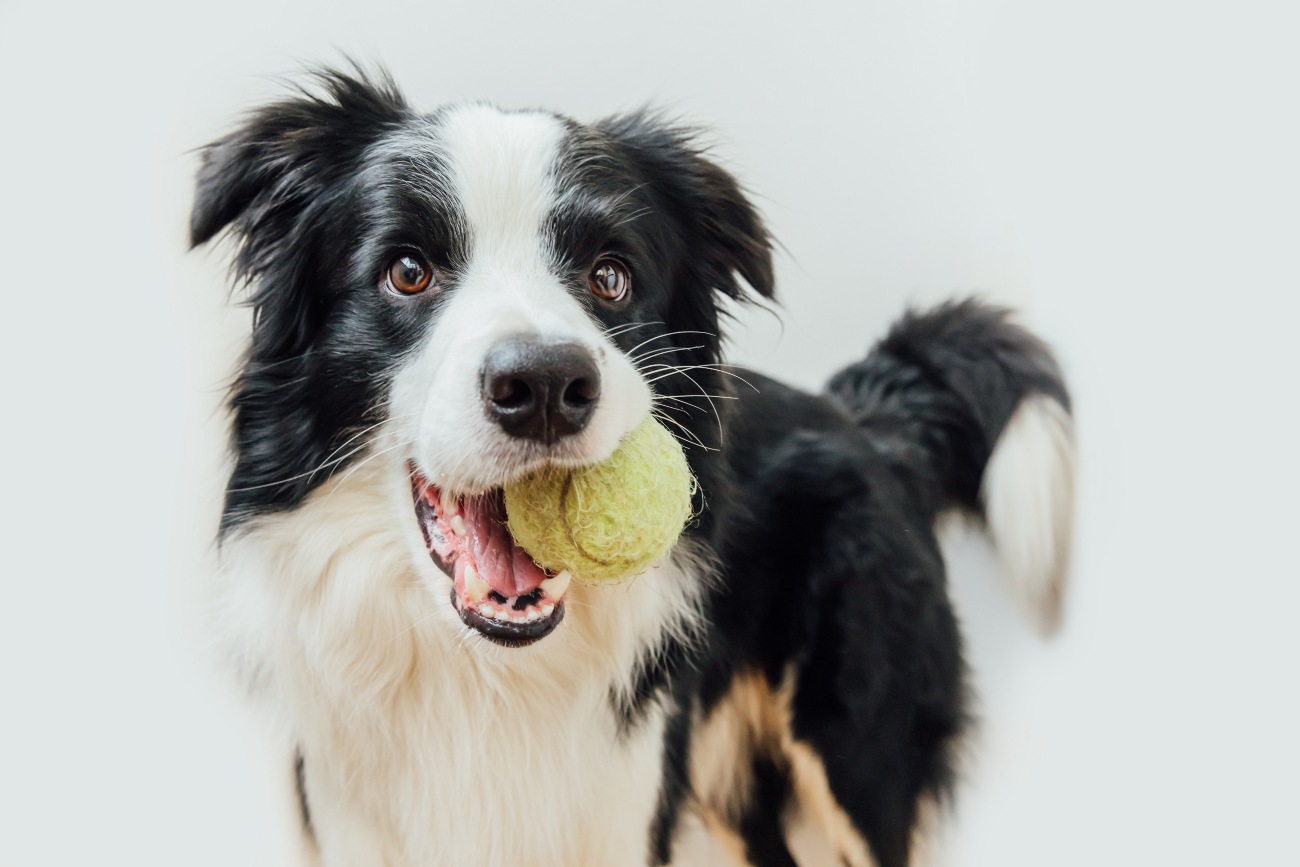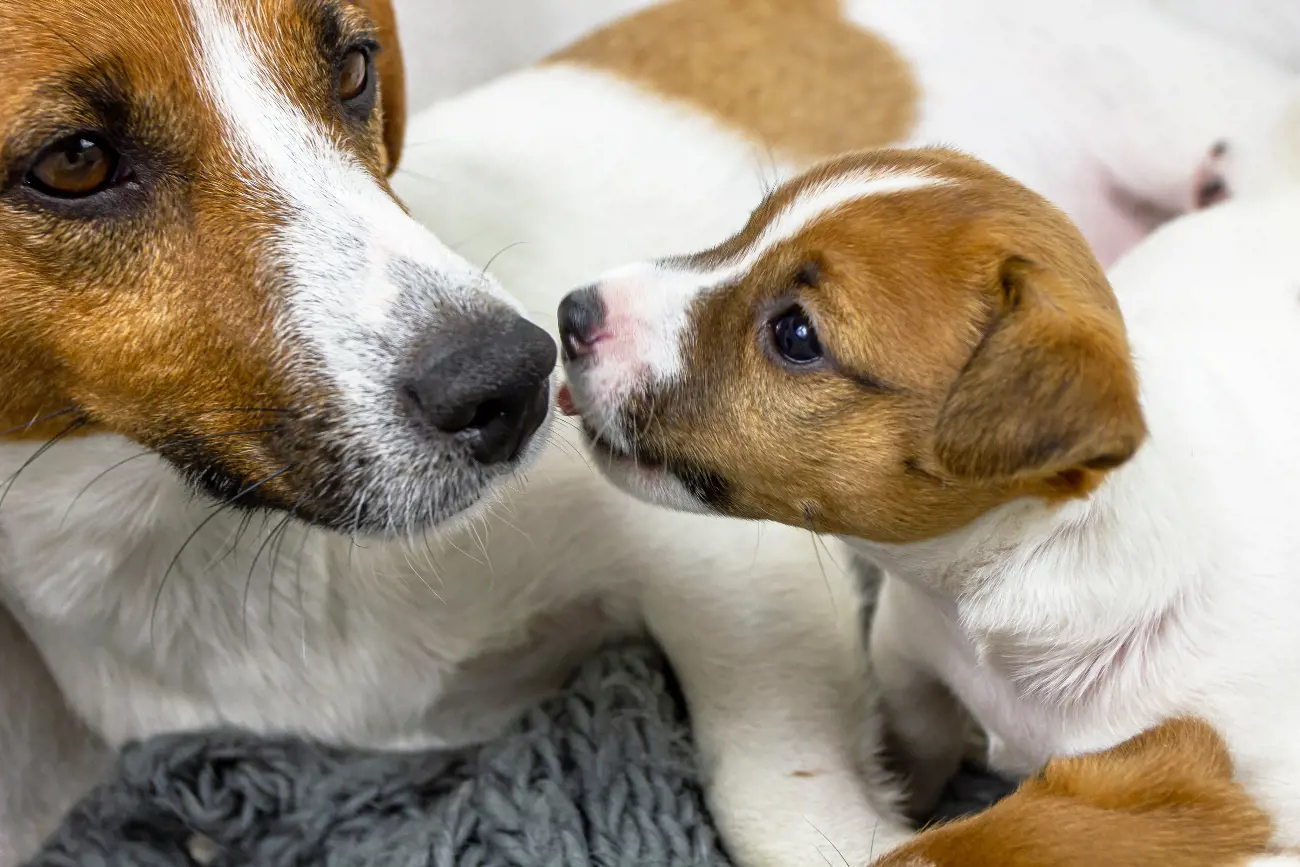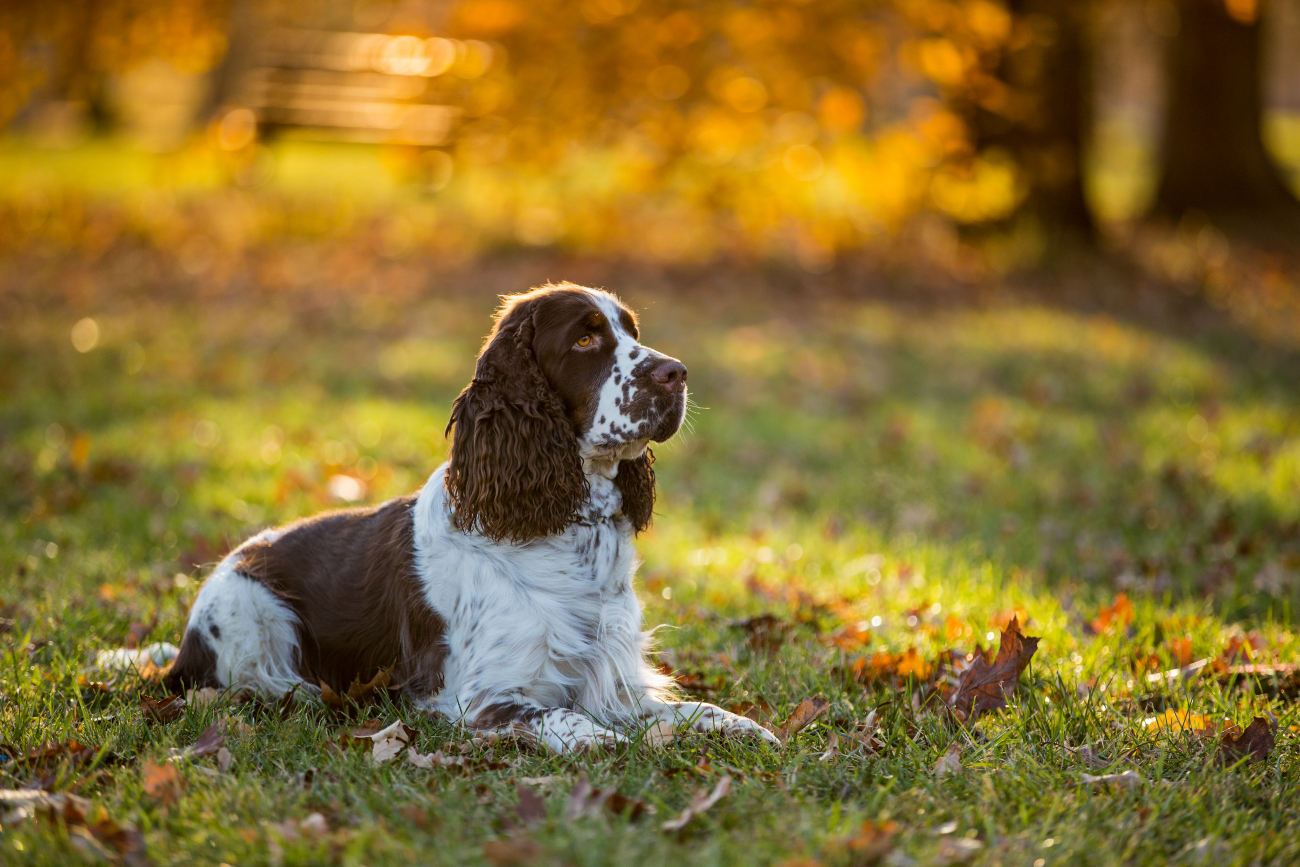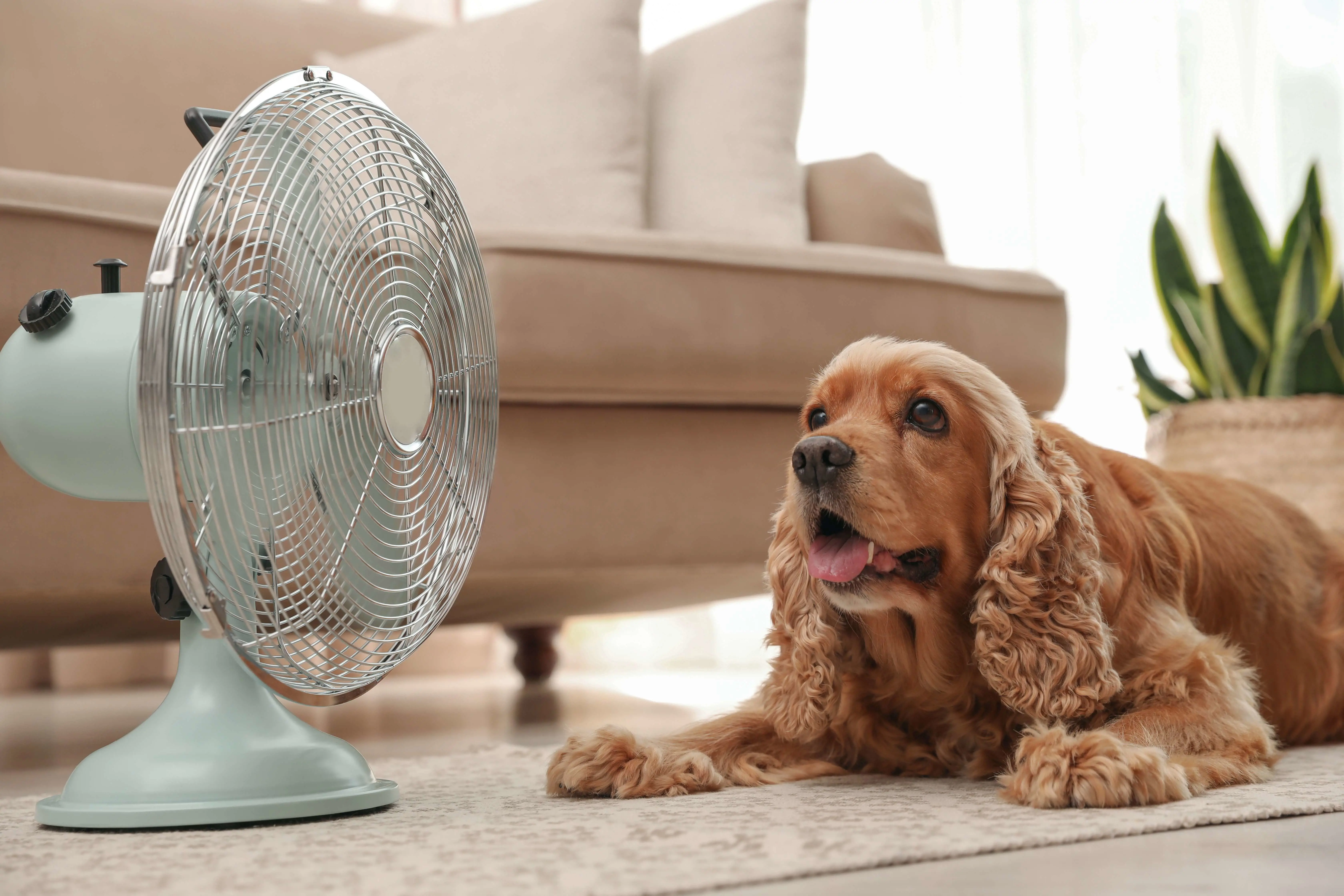How to spot a fake dog advert
25th February, 2021

Bringing a new puppy into your home is an unforgettable experience for all dog lovers. However, it’s no surprise that with so many people looking for a four-legged companion, scammers and disreputable puppy farmers are looking to make easy money at everyone’s expense.
As well as being passionate about getting you the best pet insurance for your pooch, the team at Purely Pets are pet lovers, too. That’s why we’ve put together this handy guide on the warning signs to watch out for when looking through dog adverts.
Not only will we show you how to spot a scammer but also when the advert could be from a puppy farmer rather than a reputable breeder. Unlike arranging pet insurance with Purely Pets, looking for a new pup can be full of obstacles for the unwary.
Puppy scams on the rise
Puppy scammers have been around for a long time. Whether posting fake dog adverts online or in local newspapers, these fraudsters seek to take advantage of buyers’ desperation for a puppy. So, if you aren’t careful, you could think you’ve found the perfect pooch, hand over your money, but never receive a puppy in return. A heart-breaking experience indeed.
While these fake listings often appear online via pet-selling platforms or social media, some scammers also use telephone calls, texts, emails and doorstep visits. They even go so far as to steal the identities of reputable breeders to steal your cash.
This problem got even worse during the recent COVID-19 pandemic when increasing numbers of people were feeling socially isolated and desperate for some canine company.
Figures from the Chartered Trading Standards Institute show a sharp rise in such scams. While the national fraud reporting centre, Action Fraud, estimates that the British public have been defrauded of millions of pounds so far.
Between March and April 2020 alone, Action Fraud reported that nearly 700 people lost almost £300,000 after putting down deposits in response to fake pet ads. Unfortunately, the fraudsters don't just stop there. Some get even more cash out of victims for bogus vaccinations, insurance and even delivery of the non-existent pet.
How to spot a puppy scam ad
If you’re looking to buy a puppy make sure you read adverts carefully and look out for these tell-tale signs that something is wrong:
-
No phone calls – Scammers often prefer to handle communications via email rather than phone. A reputable breeder will always communicate with you via phone or video chat (if not in person) before even considering selling you a puppy.
-
Copied descriptions – Scammers can be lazy and will often copy and paste descriptions from other genuine advertisements. Try Googling the description and see if it’s been used elsewhere.
-
Copied photos – If there’s no puppy to sell then where have they got the cute photo from? Scammers often use photos from other advertisements or the web. To check, right-click on the photo, select ‘search Google for image’ and see if it has been stolen from another website.
-
Lack of knowledge – Make sure you’ve done some research into the breed so you know what to ask. Scammers won’t know the answers and can easily give themselves away.
-
Suspicious payment options – The sellers who ask for payment in unusual ways, such as using gift cards, need to be avoided. Even paying by bank transfer offers you little protection for victims of fraud. Paying by credit card or using a reputable payment service like PayPal are the safest options.
-
Bargains – You know the old saying, if the price seems too good to be true, it probably is! This is where a bit of research and planning beforehand comes in handy. Hopefully you should already have a good idea of how much a puppy of the breed should cost. Adverts for purebred dogs or popular cross-breeds like Cockapoos sold at a hugely discounted price are unlikely to be genuine.
What to do if you’re a victim of a puppy scam
Scammers have a whole range of ways to ensnare victims. If you fall for such a scam report the fraud immediately to Action Fraud on 0300 123 2050. You can also use the quick and easy online reporting tool.
Watch out for puppy farms
Another all-too-common hazard for potential puppy buyers are puppy farmers who are pretending to be reputable breeders. A buyer thinks they’re getting a puppy from a safe and caring environment. Whereas, in fact, they’re buying from a puppy farmer who has no care for the wellbeing of the animals once they’ve taken your money.
What is a puppy farm?
A puppy farm is a place where dogs of many different breeds are continually bred and the puppies sold, often in very bad conditions. Puppy farmers put a quick profit above the health of the puppies and their mothers.
Through the so-called Lucy’s Law the UK government has been trying to tackle the low-welfare, high-volume supply of puppies through such farms. It does this by requiring that puppies are born and reared in a safe environment, alongside their mother, and are sold from their place of birth.
However, there are still puppy farms found across the UK who rely on a network of third-party dealers to sell poorly, stressed puppies which have been taken away from their mothers way too early.
Puppy farms often illegally import dogs from other countries. This means there's no guarantee they’ve been properly vaccinated, and they could be carrying a host of diseases from outside the UK. This amount of travel at such a young age will also have put the pups under a great deal of stress. Meaning they're more likely to pick up health problems and behavioural issues as they get older.
If you have any concerns about your puppy and already have pet insurance from Purely Pets, then remember you can call our free 24-Hour Vet Helpline at any time for advice from registered veterinary nurses.

Why you should never buy from a puppy farm
Bad conditions
Puppy farmers are there to make money, not to care for the dog's wellbeing. Both the puppies and their mums are often kept in small spaces with little room to move or toilet and with little fresh water or even daylight. Also, those vital early vet visits for vaccines or treatment for fleas and worms often won’t have taken place.
Over-breeding
A dog in the UK can only ever have six litters and the Kennel Club will only register the first four. Sadly, puppy farm dogs are made to breed far more than this. Meaning mothers are soon tired and exhausted from the strain on their bodies.
Lack of health screening
Puppy farmers will often breed two dogs together even if they’re closely related. The puppies produced from such inbreeding are more likely to develop serious health problems. With purebred dogs this is particularly problematic as many of these dogs are already susceptible to certain health problems.
Vet bills
People who have bought puppies from such puppy farms often end up having to pay big vet bills. Puppies from such places often arrive in poor health or develop conditions later on in life.
Behavioural issues
Puppies need early socialisation to ensure they become well behaved, confident dogs. The puppy farm is in no way a normal home environment with all the smells, sights and sounds that a puppy should experience. This makes them far more likely to develop behaviour issues. They also won’t have learned how to properly interact with other dogs or different types of people, including children.
Ethics
Puppy farmers only care about money – not the lives of the dogs they’re using. Mothers are often abandoned when they are no longer useful for breeding and many sick puppies either die or are sold on as healthy ones. A tragic end for such trusting creatures.
Hard as it may sound but if you ever end up unintentionally at a puppy farm or a dodgy breeder’s house then don’t buy the puppy just to rescue them. Why? Because saving one puppy won’t help the others. Instead you’ll be contributing to the puppy farm business and subjecting more dogs to a life of humiliation and pain.
Puppy farmers don’t care about the animals but you do. That’s why pet insurance is such an important way to meet the needs of your puppy as they continue their life with you.
How to spot a puppy farm ad
Puppy farms have many different ways to disguise the fact that you’re buying a puppy from such a place. This is big business for these sellers who are experienced at deception and will go to extremes to cover up what they really are.
The common signs in adverts that should alert you include:
Multiple adverts
How many ads has the seller posted? Puppy farms often advertise several litters of different breeds at any one time.
Multiple breeds offered at once
If you see an ad that offers Labradors, Pugs and Cockapoos in the same ad, it may well be a puppy farm. A big red flag is when an advert promises they ‘always have puppies available’.
Puppies with a passport
As mentioned earlier puppy farms will often import puppies from countries with less stringent breeding laws. A puppy with a passport could have been imported.
Suspicious contact details or copied wording
Just as with scammers, puppy farmers could be posting multiple advertisements for puppies. By Googling the contact details or descriptions you might find many other adverts. A sure sign of a puppy farm.
Vaccinations
Puppies are normally vaccinated from around eight weeks old. If the advert claims that very young puppies have been vaccinated then it could be a puppy farm ad. Breeders will always be able to provide appropriate documentation from their vets.
Puppies offered too young
Any puppy under eight weeks old should not be sold. They should be with their mum and the rest of the litter so they can socialise and learn from them.
Fake licence number
Check if the seller is on the Kennel Club’s Assured Breeder Scheme, or look for a licensed dog breeder. Their licence number must be shown in the advert and you can check with the local authority that the details are genuine.
The government recently launched a campaign for responsible pet ownership called Get Your Pet Safely. It’s a great place to look for advice on buying a pet responsibly and avoiding such unscrupulous sellers.
Dogs are a big investment in time, love and money. Having the right pet insurance is a key part of responsible pet ownership.
What should you do if you find a puppy farm?
From seeing the first advert all the way through to handing over your money, at any time you could realise you’re buying from a puppy farm. PDSA has some more great advice on what to look out for throughout the process.
If you discover or suspect a puppy farm is operating they advise that you should:
-
Walk away: Even if it feels awful to leave a puppy in such circumstances.
-
Report the ad: Report any dodgy ad to the website you found it on immediately. If it’s in a newspaper, then contact the publisher.
-
Report licensing breaches: If you think the seller doesn't have a licence but should, report them to the local authority.
-
Report welfare issues: If you’re concerned about the dogs’ welfare, report the matter to the RSPCA.
-
Call the police if you see evidence of animal cruelty.
![]()
Protect your pup with pet insurance
Whatever the start in life your treasured pet has had, taking care of them if they get injured or pick up an illness is so much easier if you have the right pet insurance in place.
With pet insurance from Purely Pets you can give your dog the protection they deserve at a level of cover to suit any budget. Vets’ fees for accidents, illness or both can be covered from between £1,000 and £15,000, depending on the level of cover you choose.
With 15 levels of lifetime cover on offer, you can choose a policy that suits your budget and requirements.
Protect your pup with pet insurance today.
Policy benefits, features and discounts offered may very between insurance schemes or cover selected and are subject to underwriting criteria. Information contained within this article is accurate at the time of publishing but may be subject to change.
Helpful Pages
Recent Posts
Pet Insurance Quote
- 98% claims paid *
- Claims paid directly to vets
- 24/7 vet video consultations
- Interest free monthly payments




